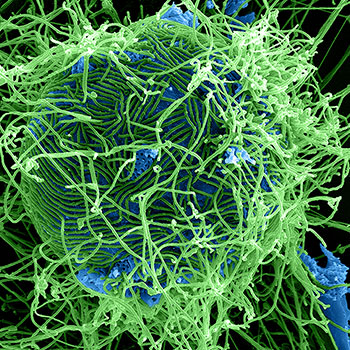If y = f(x)g(x), then dy/dx = f‘(x)g‘(x). If it is true, explain your answer. If false, provide a counterexample. True or False?
2 Answers
Jun 18, 2018
False
Explanation:
Take
then
then
But
It must be
Jun 18, 2018
The statement is false .
The product rule provides the correct formulation:
#y = f(x)g(x) => y = f(x)g'(x) + f'(x)g(x) #
Explanation:
We can readily disprove the given statement:
Consider:
#f(x)=x# and#g(x)=x#
Then differentiating wrt
#f'(x)=1# and#g'(x)=1 => f'(x)g'(x)=1#
And
And so By counterexample, the statement is false .
In fact the product rule provides the correct formulation:
#y = f(x)g(x) => y = f(x)g'(x) + f'(x)g(x) #


